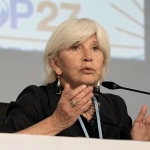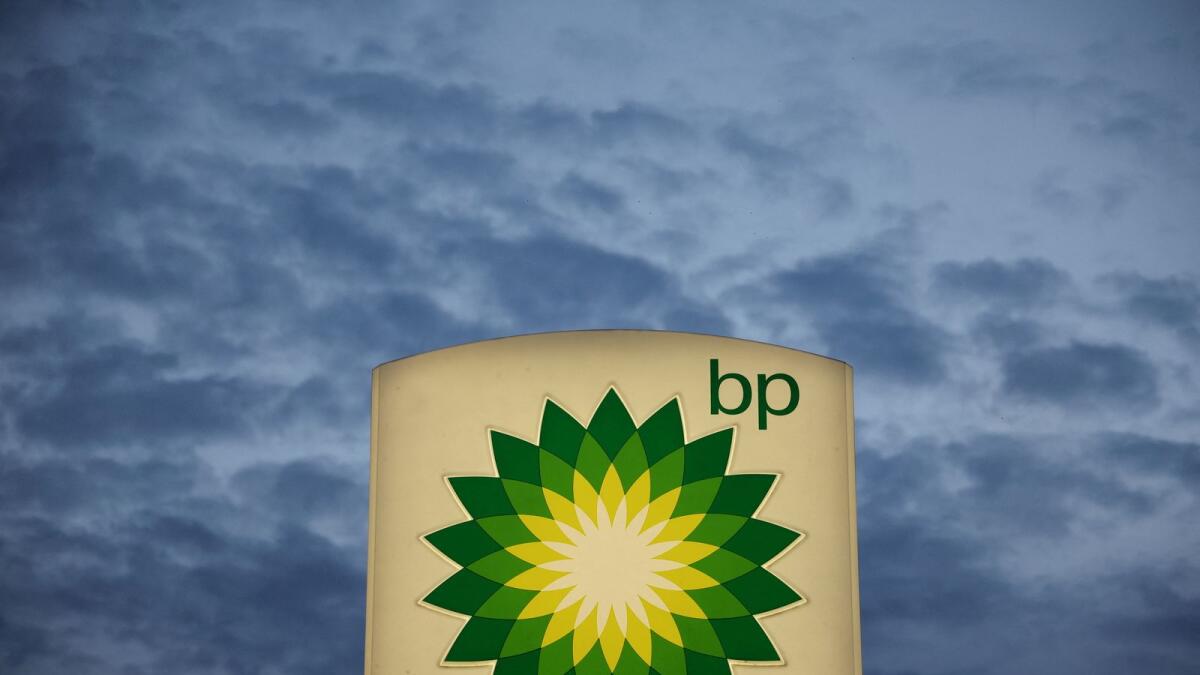British Petroleum (BP) reported a strong second-quarter profit of nearly $2.8 billion, surpassing analysts’ estimates by 9%. This positive result is expected to ease pressure on CEO Murray Auchincloss, who has taken office this year and has been working on revamping BP’s operations to focus on the most profitable areas, particularly in oil and gas. BP has shifted its strategy away from the previous focus on growing renewables and reducing fossil fuel output, with plans to develop the Kaskida oilfield in the U.S. Gulf of Mexico and a low-carbon hydrogen project at its Castellon refinery in Spain. These projects signal a change in direction for the company under Auchincloss’ leadership.
BP’s shares were up following the announcement of the positive earnings report, but the stock has underperformed compared to its rivals this year. Investors have expressed concerns about BP’s energy transition strategy and doubts about meeting its 2025 earnings targets. BP is working to exceed its target of reducing annual costs by $2 billion by the end of 2026. Auchincloss mentioned in an analyst presentation that the company is focused on driving costs down and building momentum towards its 2025 goals. BP had previously imposed a hiring freeze and suspended investments in new offshore wind projects.
Despite a strong performance in the second quarter, BP’s refining margins were weaker due to lower diesel demand and increased refinery maintenance. However, higher oil and gas prices, along with a lower than expected tax rate, helped offset these challenges. The company’s oil trading contribution was weaker in the second quarter compared to the previous one. Auchincloss mentioned that global demand for gasoline and diesel was weak, but inventories were expected to decrease during the summer driving season, which could support refining margins. Other energy companies, like France’s TotalEnergies, have also reported a drop in profits due to declining refining margins in Europe.
BP has increased its dividend by 10% and extended its share repurchasing program, maintaining a commitment to buy back $14 billion of shares this year and next. The company reported an underlying replacement cost profit of $2.76 billion in the second quarter, surpassing analyst expectations. BP also announced that it will maintain its capital expenditure at $16 billion per year in 2024 and 2025. The company’s net debt decreased in the quarter, and its debt-to-equity ratio improved, indicating a strong financial position for BP moving forward. Investors will be closely watching BP’s progress in achieving its cost reduction targets and meeting its financial goals in the coming years.










